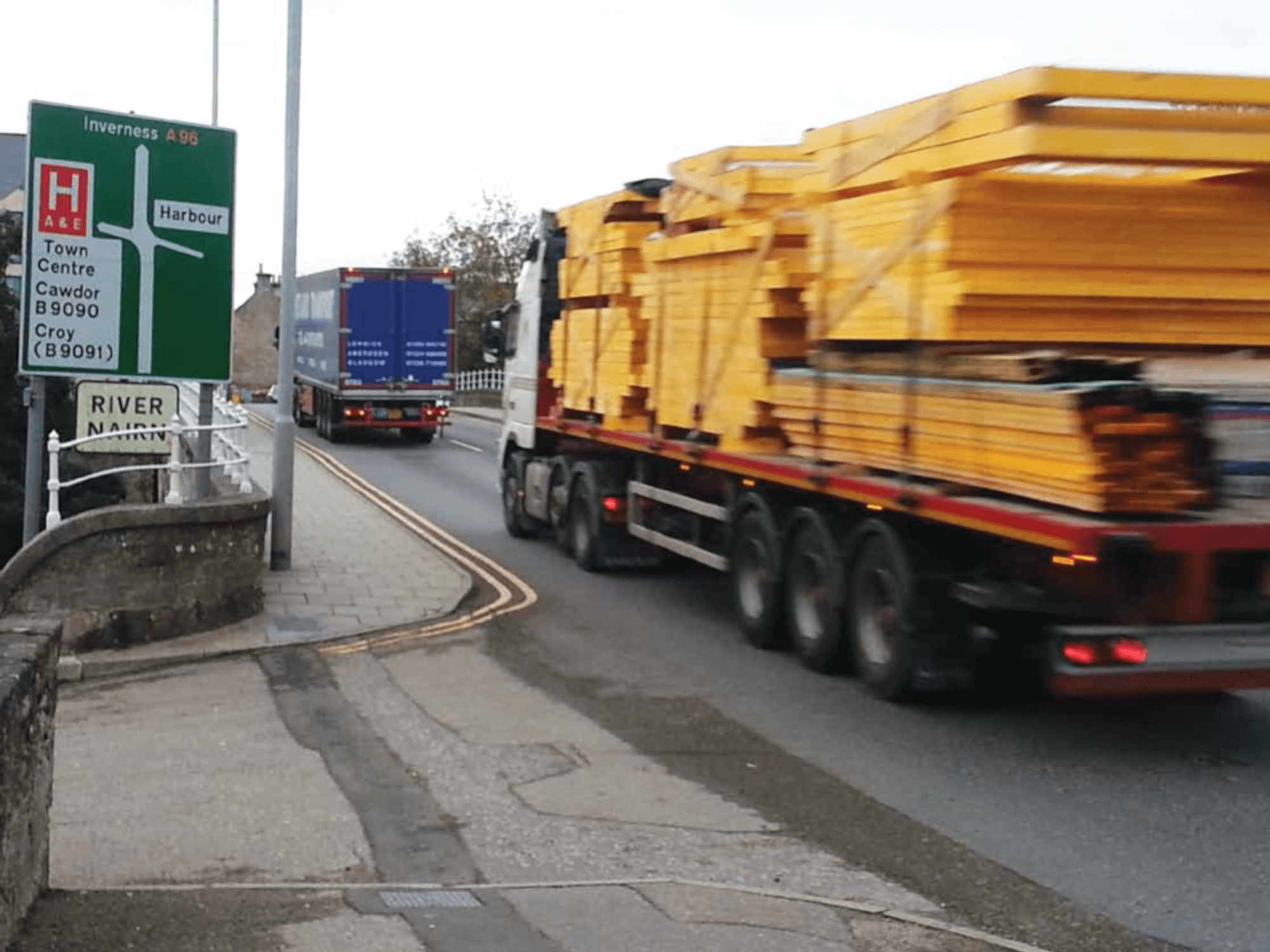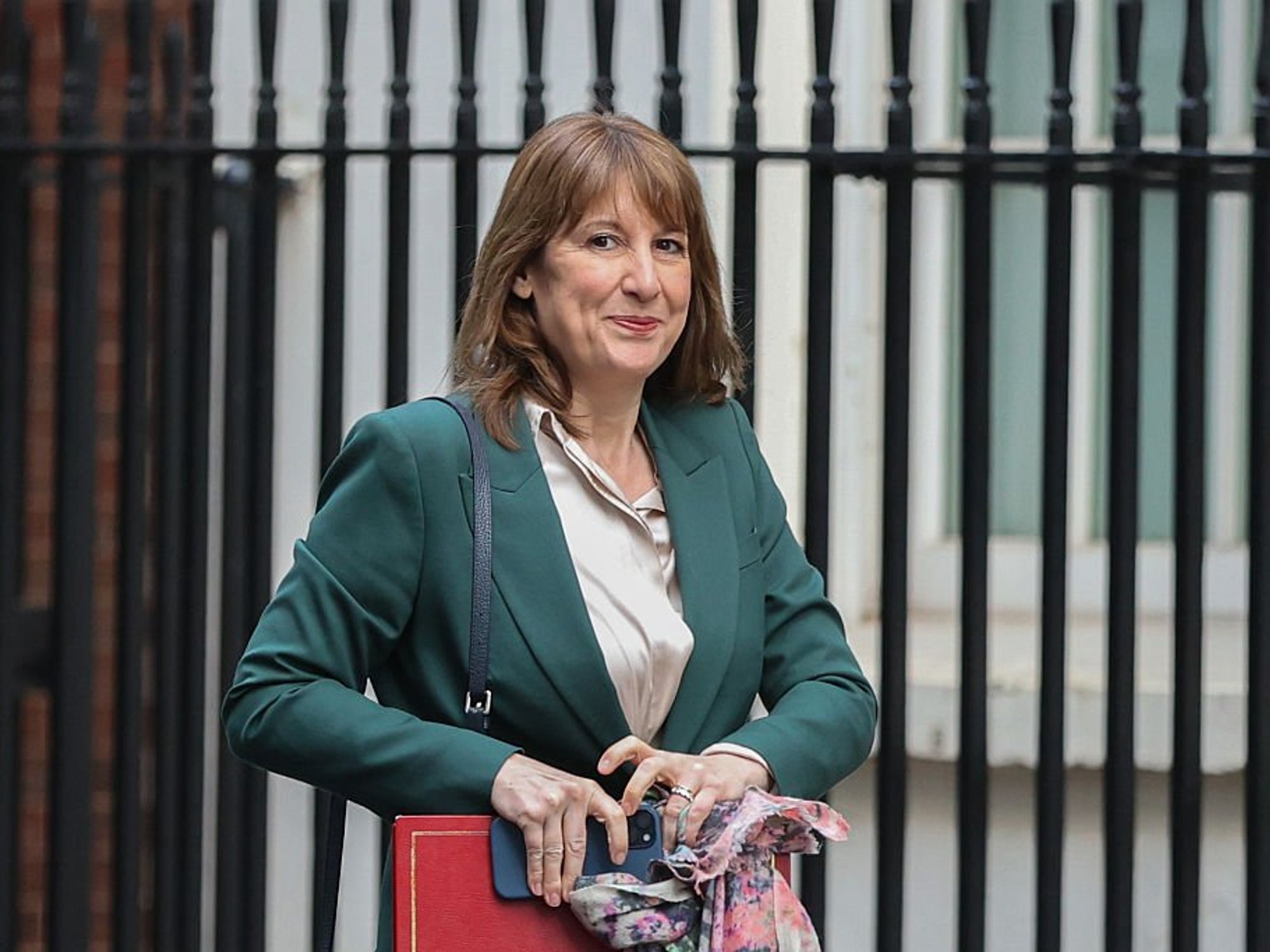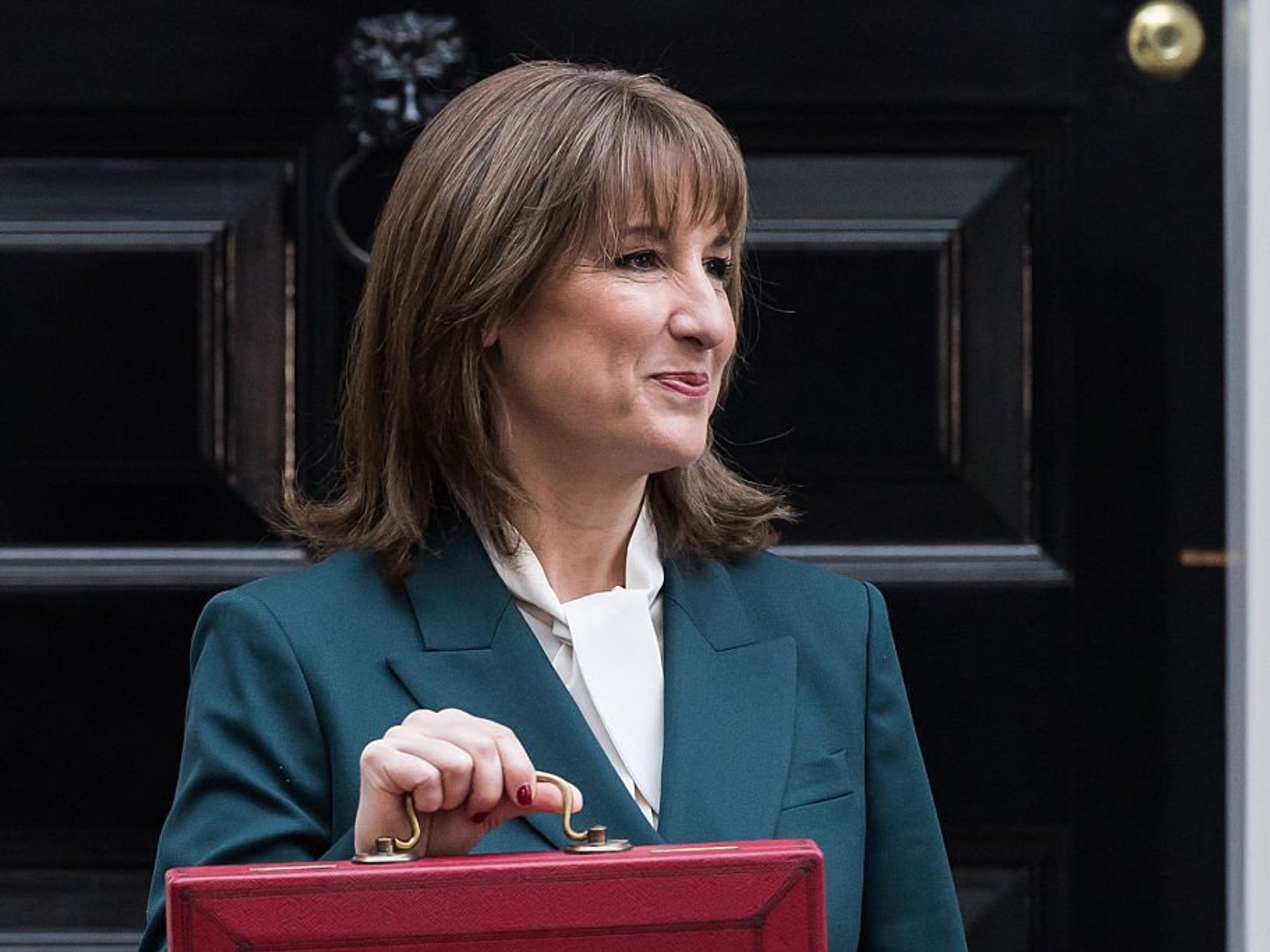BT shares location of 1.6 million traditional landlines due to be cut-off in UK shift to broadband phones
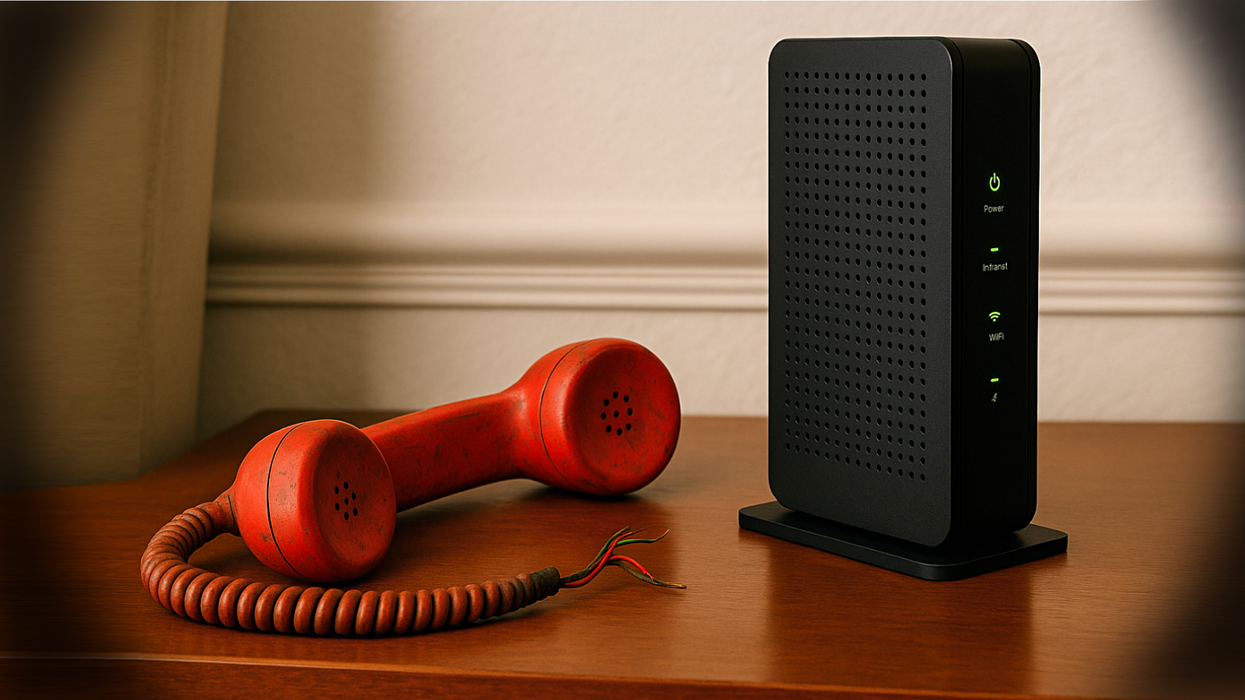
Openreach has confirmed the biggest tranche of exchanges, connecting a dizzying 1.6 million households and business nationwide, have now entered the 'Stop Sell' process — triggering a one year countdown to switch over to full-fibre broadband and so-called Digital Voice landlines
|GB NEWS | SORA

All products and promotions are independently selected by our experts. To help us provide free impartial advice, we will earn an affiliate commission if you buy something. Click here to learn more
It's the single biggest number of properties placed under 'Stop Sell' rules
- Openreach has announced next 163 exchanges for its digital transition
- These exchanges serve 1.6 million households and businesses in the UK
- Sky, BT, TalkTalk, and other telecoms have one year to stop offering traditional landlines
- These will be replaced with broadband-powered phone lines
- UK must transition away from copper-based cables before January 31, 2027
Don't Miss
Most Read
Latest
BT-owned Openreach has announced the next batch of exchanges where traditional landline phone lines will be discontinued. It has earmarked 163 exchanges, impacting an unprecedented 1.6 million premises across the UK.
This is the largest ever push in Openreach's nationwide transition to digital phone lines ahead of the January 31, 2027 deadline. The latter is 13 months later than originally planned, after Openreach was forced to delay its plans over connectivity issues with vulnerable customers' who rely on personal safety alarms.
An exchange is the central point for the telecommunications equipment that connects your local area to the internet or telephone services. Cables extend from the exchange to either those dark green cabinets you'll see on the streets across the UK, or directly into your home (if you have a faster, full-fibre connection).
GB News' Tony McGuire asks members of the public if they still use their landline phone
The latest shake-up announced by Openreach will impact homes and businesses in various locations across the UK, including Birmingham, Nuneaton, Wolverhampton, Colchester, Norwich, Dundee, Preston, Liverpool, and more.
If you're wondering whether your home is included in the latest batch, we've published the complete list of 163 exchanges below. With a mammoth 1.6 million households impacted, this represents the next major step in the UK's shift from century-old copper landlines to digital full fibre networks.
Dubbed a "Stop Sell" notice, the first step in this process sees Openreach inform providers that rely on its cable infrastructure — such as Sky, EE, TalkTalk, BT, and Vodafone, to name a few — that they must halt new sales of traditional landlines over the course of the next year. Openreach only kickstarts this process when full-fibre broadband is available to 75% or more premises served by an exchange.
Get the fastest nationwide fibre broadband from EE
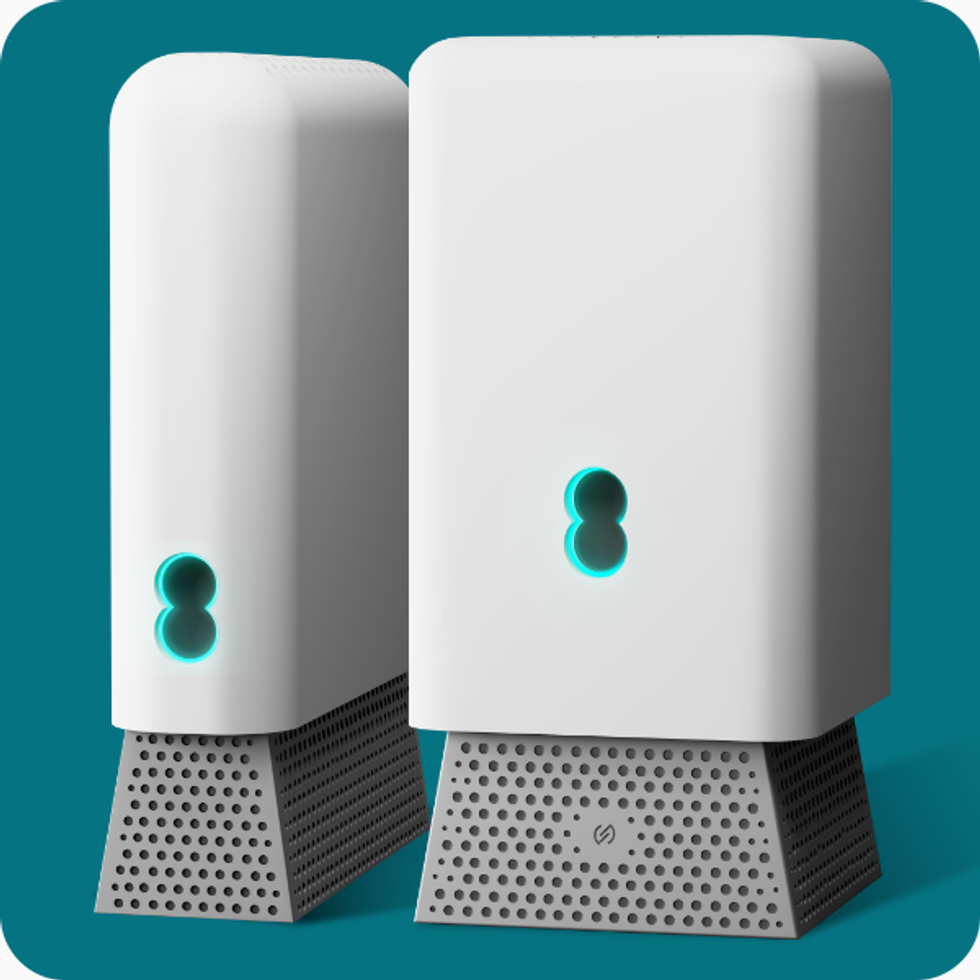
It might not be the most affordable broadband package around ...but the Busiest Home Bundle from EE more than makes up for that with raw speed. The BT-owned brand offers download speeds of 1.6Gbps, which is speedy enough to download a high-definition (HD) feature-length film in under 40 seconds. To maximise those speeds, EE includes a Wi-Fi 7 router with the latest wireless technologies at no extra cost
Switch to Sky Broadband an enjoy most affordable 150Mbps speeds
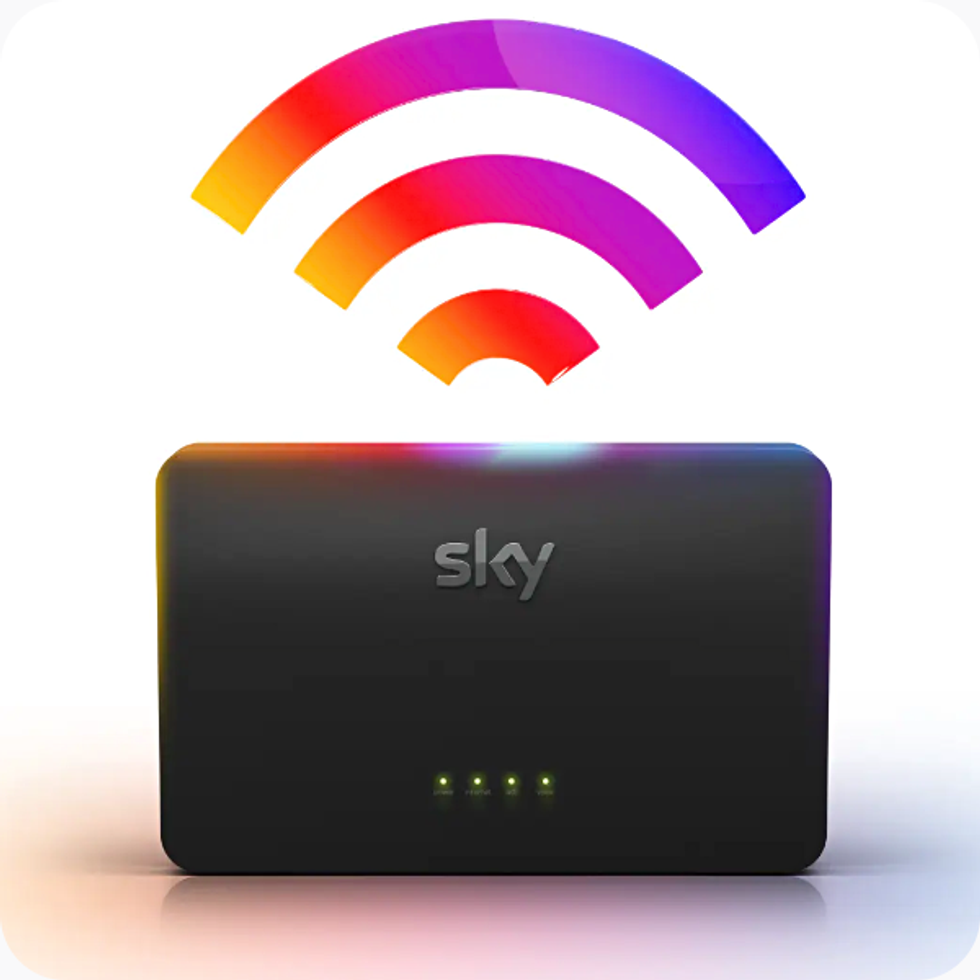
For a limited time, Sky Broadband is offering Full Fibre 150 for just £24 a month. That's a saving of £96 over the course of a two-year plan. With a guaranteed minimum speed of 100Mbps, Sky Broadband will ensure you always have enough bandwidth to stream TV shows and films, make video calls, backup files to the cloud, and stream music at peak time without a long wait. For comparison, Vodafone charges £26 and BT charges £29.99 for the exact same full-fibre speeds
Switch to Plusnet and enjoy Full Fibre 300 speeds for under £30

If you need a little more speed, Plusnet has one of the cheapest prices for Full Fibre 300. At £29.99, this is the same price that EE Broadband and BT Broadband charges for its Full Fibre 150 plans... so you'll enjoy 2x the download speed at no extra cost if you switch to Plusnet
With the deadline set, broadband suppliers like Sky, BT and Vodafone can slowly transition their customers to new broadband-powered phones and faster full-fibre broadband. Yes, the decision to move away from the copper-based technology that has enabled calls in the UK for over a century goes hand-in-hand with the ongoing mission to upgrade broadband infrastructure to future-proofed full-fibre connections.
Openreach has now upgraded 18.3 million homes and businesses to its fastest full-fibre broadband.
Plans for a nationwide landline switch-off were first announced back in November 2017. This was not something proposed by the Government, instead, it came from the industry itself.
At the time, industry heavyweights said they were struggling to find parts to maintain and repair analogue phone lines as few companies are still making the components used by this ageing system. However, the move isn't only about sourcing the nuts and bolts to keep copper landlines functioning.
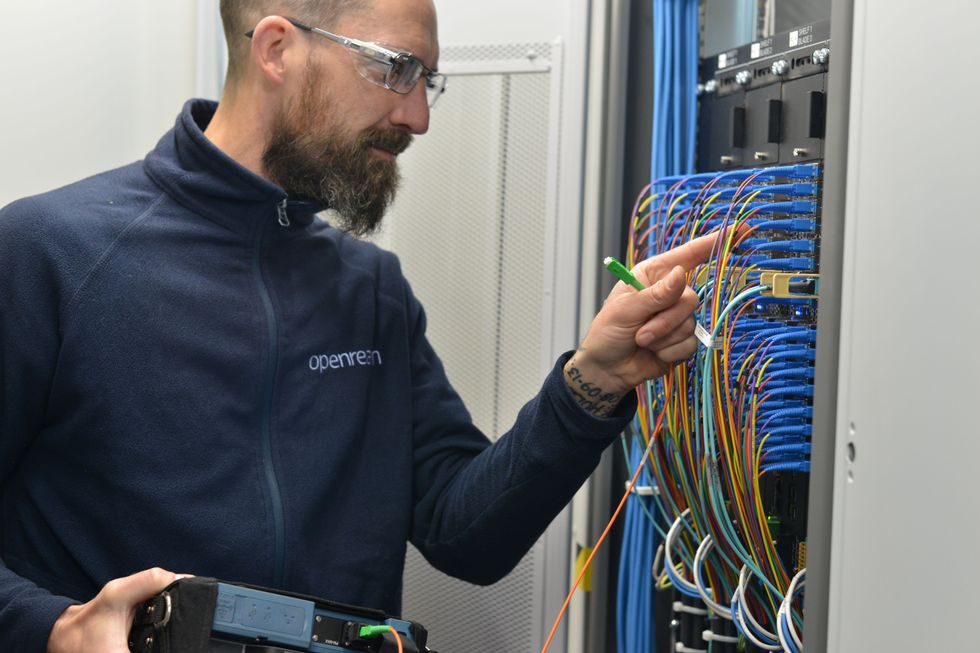
While the latest announcement comes from BT-owned Openreach, the 2027 deadline to transition away from traditional landlines is industry-wide, with Virgin Media O2 and other networks also working hard to shift away from any remaining copper-based phone lines
|OPENREACH PRESS OFFICE
Using fibre-optic technology to make calls offers a number of benefits. If you've used WhatsApp, FaceTime, or Skype to make a call to someone on the other side of the planet — you'll know these all-digital connections can offer much clearer calls, especially over longer distances.
Calls via fibre-topic cable are also less likely to be impacted by bad weather, since this technology is immune from several environmental factors, like temperature and electro-magnetic fluctuations, that negatively impacts copper cables.
Lastly, functionality typically associated with mobile phone calls, like the ability to block incoming calls from a specific number or all withheld numbers, and placing calls in a queue when you’re already speaking on the line are all possible with these newer broadband-powered landlines.
LATEST DEVELOPMENTS
- Samsung sending its £219 Bluetooth 'buds to new Galaxy owners for FREE
- Best VPN deals
- Under 150 days left until critical Windows 10 deadline, will YOU pay to keep using your PC?
- Best Sky Glass deals
- Watch exclusive Sky TV channels and everything on Netflix for just £12
At the end of last year, BT released the first statistics demonstrating the effectiveness of its AI-powered spam protection.
Enabled by default on all Digital Voice landlines, the clever system has thwarted 2.4 million scam calls and alerted users to 17.7 million nuisance calls on UK home phones, the telecom firm has revealed.
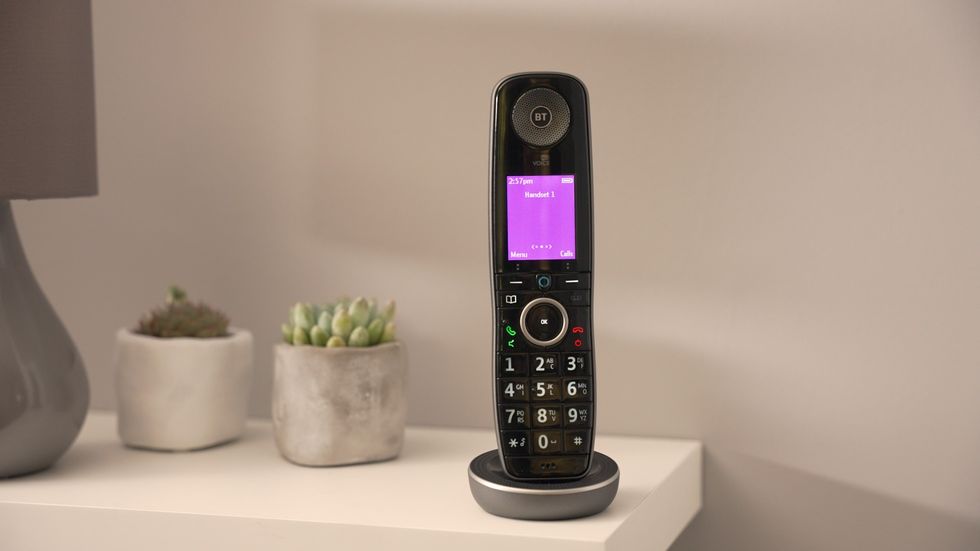 Digital Voice handsets, pictured here, connect to the back of the Wi-Fi router supplied by your broadband provider and route calls over the internet — not a traditional phone line | BT PRESS OFFICE
Digital Voice handsets, pictured here, connect to the back of the Wi-Fi router supplied by your broadband provider and route calls over the internet — not a traditional phone line | BT PRESS OFFICE The original deadline for the switchover from ageing landlines to Digital Voice phones was later this year.
However, following a torrent of issues, which saw some households lose access to the landline number they’d held for 50 years, others stranded without a landline connection for days, and a small number of vulnerable people with personal safety alarms left unable to contact emergency services — the deadline was revised.
Back in May, Openreach confirmed rumoured plans to postpone the landline cull for an additional 13 months. The new deadline to move to broadband-powered phones across the UK will be January 31, 2027.
The latest 163 exchanges — and the 1,600,000 homes and businesses reliant on the connection from those green boxes in the street — are the latest step in the journey to transition the UK over to internet-fuelled phonelines.
Discussing the latest announcement, Openreach Managed Customer Migrations Manager, James Lilley said: "We’re moving to a digital world and Openreach is helping with that transformation by rolling out ultrafast, ultra-reliable, and future-proofed digital Full Fibre across the UK.
"This game changing technology will become the backbone of our economy for decades to come, supporting every aspect of our public services, businesses, industries, and daily lives. Already, our Full Fibre network is available to 18 million homes and businesses, with 6.5 million premises currently taking a service.
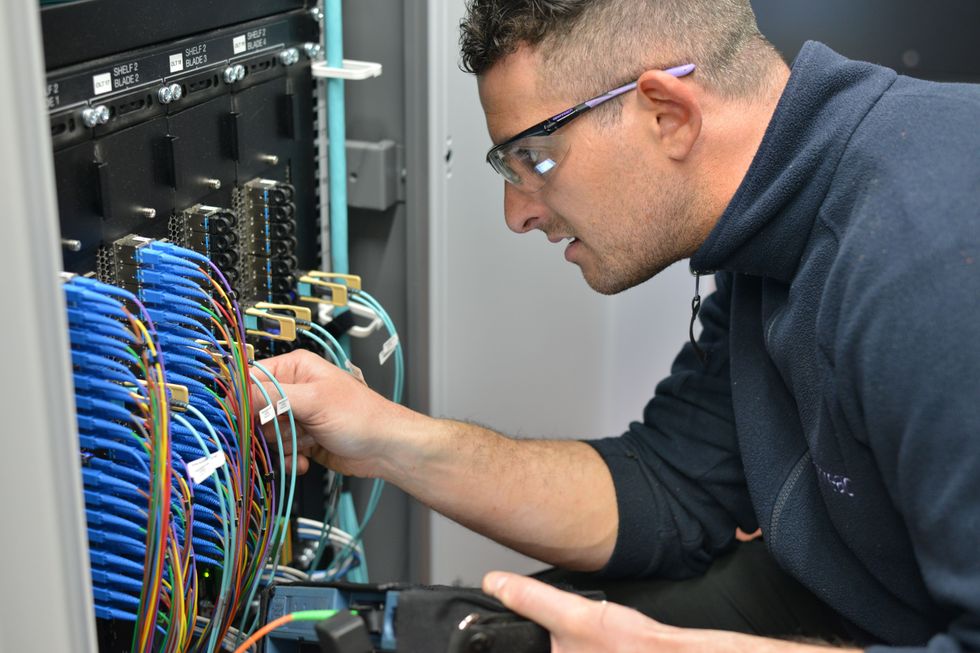 Openreach issues a "stop sell" rule in an area when over 75% of properties can access the latest full-fibre broadband connections, which are used to route digital landline calls | OPENREACH PRESS OFFICE
Openreach issues a "stop sell" rule in an area when over 75% of properties can access the latest full-fibre broadband connections, which are used to route digital landline calls | OPENREACH PRESS OFFICE "The 'Stop Sell' programme is a critical part of ensuring that the UK's communication infrastructure is ready to meet the demands of the future.
"Taking advantage of the progress of our Full Fibre build and encouraging people to upgrade where a majority can access our new network is the right thing to do as it makes no sense, both operationally and commercially, to keep the old copper network and our new fibre network running side-by-side.
"As copper’s ability to support modern communications declines, the immediate focus is getting people onto newer, future proofed technologies."
While millions of people have switched to faster, more reliable full-fibre broadband connections and now make landline calls via their internet connection without issue, the trouble faced by some residents in the UK led to some changes. A particular concern emerged around the 1.8 million people in the UK who use personal safety alarms connected to traditional landlines.
 Personal alarms, often worn around the neck on a lanyard or on a bracelet, can make life-saving calls to emergency services with the touch of a button | PRESS ASSOCIATION
Personal alarms, often worn around the neck on a lanyard or on a bracelet, can make life-saving calls to emergency services with the touch of a button | PRESS ASSOCIATION Following these issues, telecom providers agreed to new guidelines ensuring vulnerable people with alarms will not be left without a working device during the switchover.
BT has confirmed it won't proactively switch customers over 70 to Digital Voice, though trials have begun for those aged 70-74 in urban areas. The company is offering battery packs to vulnerable customers to maintain service during power cuts, as digital lines, unlike copper ones, don't work during outages.
Customers can check if full-fibre is available at their address through Openreach's online postcode checker or by contacting their service provider.
Those who rely on critical healthcare equipment, lack broadband connection, live in areas without mobile signal, or have additional needs are advised to contact their provider for support during the transition. The switch affects all major providers, including Virgin Media, TalkTalk, and Plusnet, as the entire industry moves away from the ageing copper network.
If you have concerns about how the switch might affect you, particularly if you use telecare services or personal alarms, it's important to speak with your provider as soon as possible.





